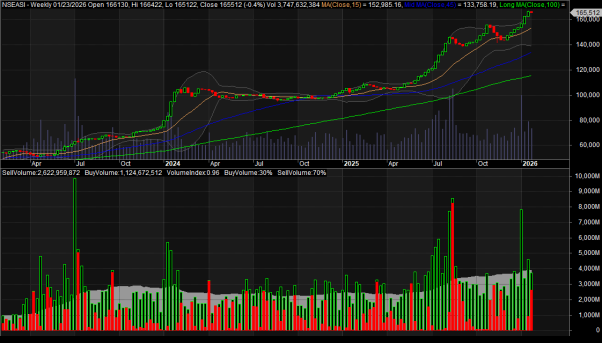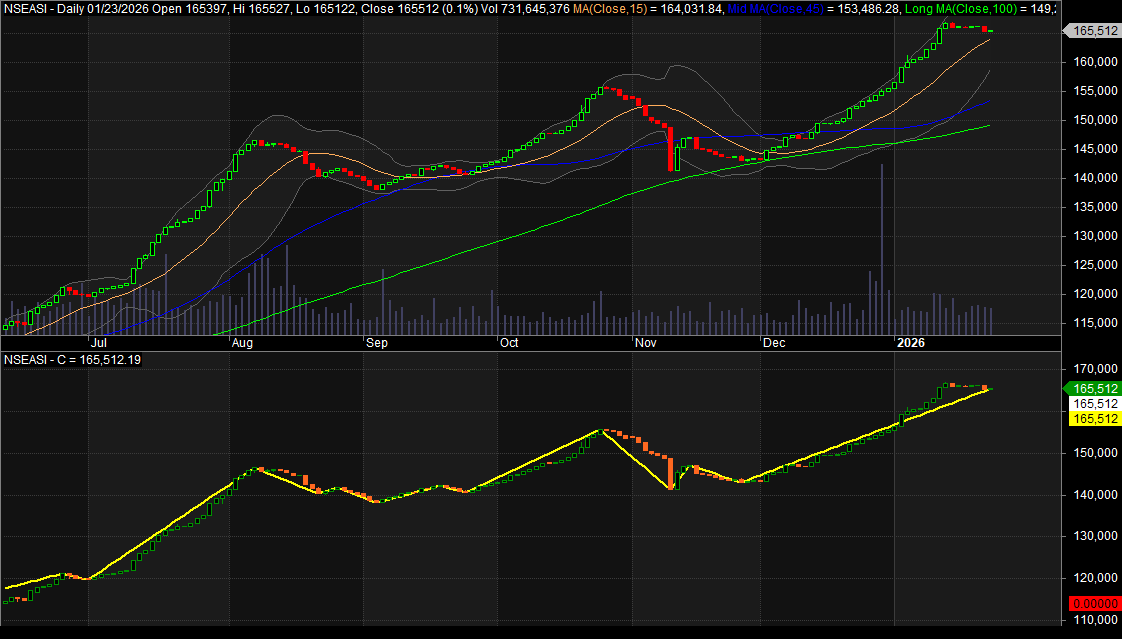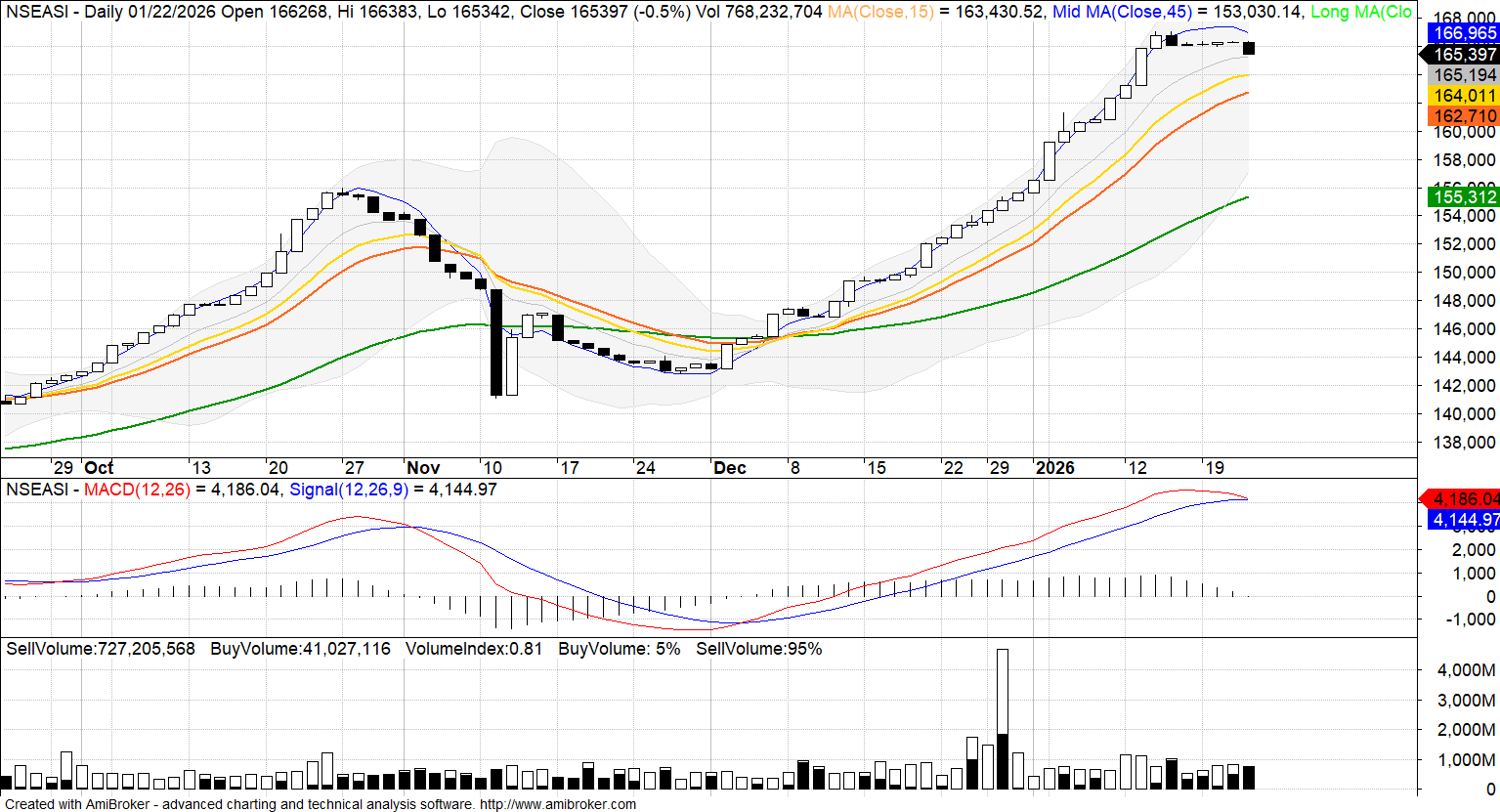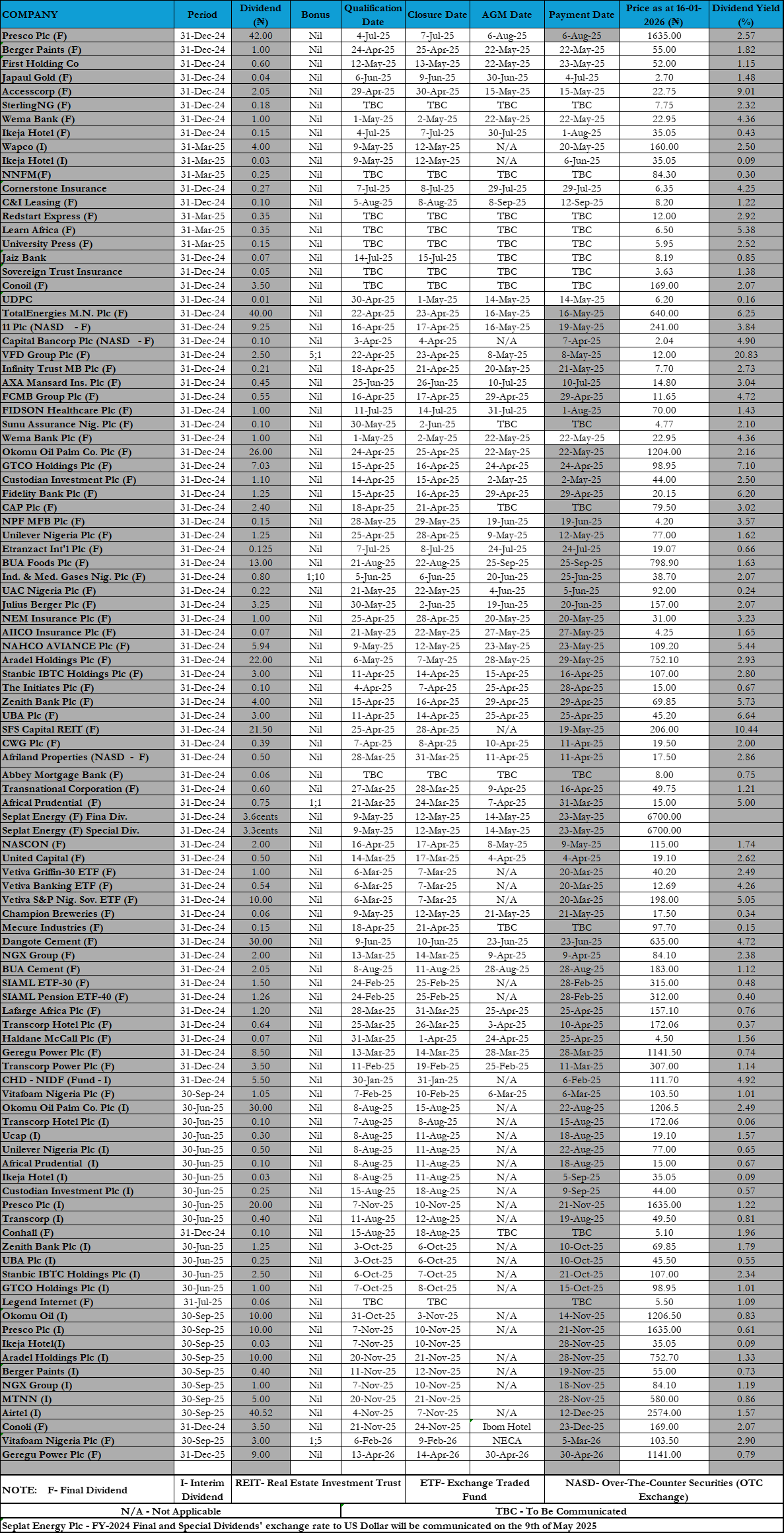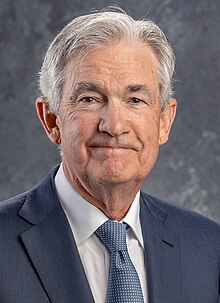
Photo caption: Jerome Powell, Chairman, U.S Federal Reserves
Donald Trump’s claim that he has “no intention” of firing Jerome Powell is not an act of restraint—it’s a “recognition of reality”, says the CEO of one of the world’s largest independent financial advisory organisations.
Nigel Green of deVere Group’s comments come after President Donald Trump on Monday continued his criticism of Federal Reserve Chair Jerome Powell, calling him a “major loser” and saying the central bank should make “pre-emptive cuts” to interest rates.
But on Tuesday Trump said he had “no intention” of firing the central bank chair Jay Powell, pulling back from a historic confrontation with America’s top banker and sending global stocks higher.
“Trump may not like Powell’s reluctance to cut rates, but deep down he knows removing him would trigger a crisis of confidence—and the markets would punish him for it,” says Nigel Green.
Global equity futures surged, the dollar rallied, and Treasuries gained on Wednesday as investors welcomed Trump’s walk-back from what would have been an unprecedented move against the Federal Reserve.
The S&P 500 and Nasdaq futures rose 1.7% and 1.9% respectively, the Stoxx Europe 600 climbed 1.3%, and Asia followed with the Hang Seng up 2.4%. The dollar index advanced 0.3%, and 10-year Treasury yields dropped to 4.34%.
Meanwhile, gold fell 2.4% after briefly hitting a record high of $3,500 per ounce.
“These are not just technical bounces,” says Green. “Markets were seriously weighing the possibility of Powell being fired. The moment that risk was pulled off the table, capital surged back into risk assets. It was a rapid pricing-out of political risk.”
The episode comes after Trump repeatedly voiced his frustration with Powell’s refusal to slash rates ahead of the election. At one point last week, he even suggested he believed he could dismiss the Fed chair before his term ends in May 2026—sending tremors through global markets and raising alarm over the potential erosion of Fed independence.
Then came the reversal. In Oval Office remarks, Trump said: “I don’t want to talk about that because I have no intention of firing him.”
“This was damage control,” says Green. “And the markets knew it. Firing Powell would trigger a wave of capital flight out of the US, hit Treasuries, collapse the dollar, and obliterate confidence in America’s institutions.”
The financial consequences of firing Powell wouldn’t just be immediate—they’d be far-reaching.
Investors rely on the independence of the US central bank as a core pillar of global financial stability. Any move to dismantle that would ricochet across currencies, bond markets, and global asset allocation models.
Support for Powell’s position is not only coming from Wall Street. Over the weekend, Senator John Kennedy, a senior Republican on the Senate Banking Committee, publicly backed Powell and emphasised the importance of Fed independence.
“That statement wasn’t just for show,” Nigel Green says. “It was a clear, coordinated signal. Washington understands the stakes—and they wanted the market to understand that the idea of firing Powell was a bridge too far.”
Still, the deVere CEO warns the attacks won’t fully disappear.
“We’re going to keep hearing about rates. Trump’s going to keep pressing for cuts. And every time he does, investors will wonder if he’s gearing up for another clash with the Fed. That uncertainty will now remain embedded in the pricing of risk.”
Despite that, Nigel Green remains convinced that Trump won’t cross the line.
“It would be political and economic self-sabotage. Trump wants markets up. He wants a stable dollar. Dismissing Powell would blow all of that apart. So while the rhetoric may continue, the action won’t follow.”
The big picture, he adds, is that Powell’s independence remains intact—for now.
“Powell has done what few could: he’s stood firm under extreme political pressure and continued to anchor expectations. Markets still trust him. And the president, whether he admits it or not, trusts the market.”


